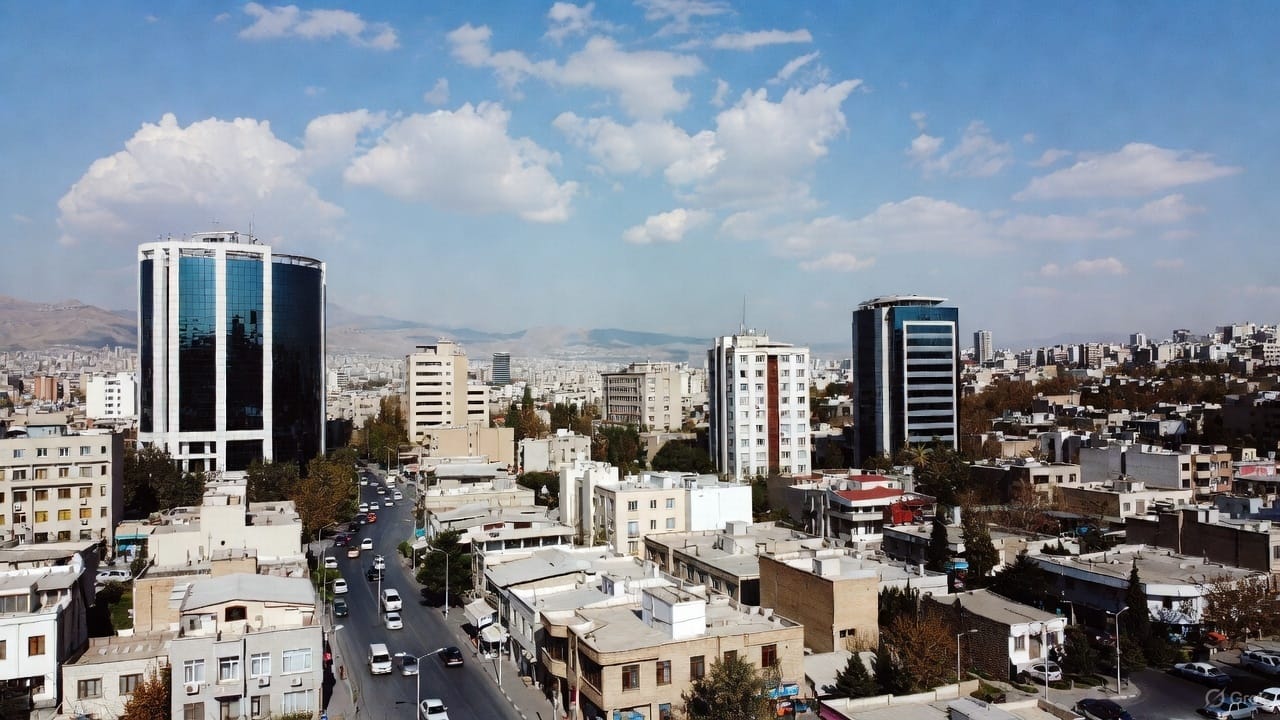- Shortlysts
- Posts
- Iranian President Says Capital Will Move from Tehran Due to Water Shortage
Iranian President Says Capital Will Move from Tehran Due to Water Shortage
Iranian President says Iran’s capital will have to move from Tehran due to extreme water shortages.

What Happened?
Last week, Iranian President Masoud Pezeshkian said Iran no longer has a choice and must move its capital from Tehran. Mr. Pezeshkian said Iran is considering moving the capital to the southern coast, but a new location has not yet been made public. For the past several months, a water crisis in Tehran has been growing worse due to a combination of long-lasting droughts and mismanagement on the part of the Iranian regime.
According to Scientific American, since 2008, scientists have warned that unchecked groundwater pumping for Tehran and for agriculture was rapidly draining Iran’s aquifers. The overuse did not just deplete underground reserves, it destroyed them, as the land compressed and sank irreversibly.
Why it Matters
Michael Rubin, an analyst at the American Enterprise Institute, called the situation the result of a ‘perfect storm of climate change and corruption.’ In addition to the water shortages, Iran also faces a corrupt regime where influence is routinely sold, and the wealthy elite continue to enrich themselves by using the government to control resources while excluding much of the population from access.
The journal Science Advances conducted a study of the available data on the water situation in Iran. It found the results suggest an annual groundwater depletion of 1.7 billion cubic meters from confined and semiconfined aquifers, with the long-term inelastic compaction for most aquifers being approximately one order of magnitude larger than their seasonal elastic response. ‘This underscores the permanent loss of aquifers that jeopardizes the sustainability of water resources across Iran.’
Over the centuries, Iran’s capital has moved many times, so this would not be a first. But it will represent the first time Iran has been forced to move its capital city due to an ecological disaster that many in the scientific community feel was preventable. Most importantly, moving the capital of the government from Tehran will do nothing to help the nearly ten million residents of that city. Who will have to contend with extreme water shortages that could render it uninhabitable, or face the prospects of moving to uncertain destinations elsewhere in Iran at their own expense.
There have been several protests and demonstrations against the current regime in Iran since 2009 due to corruption. And if residents of Tehran are forced to leave the capital in mass numbers, there is a strong likelihood political and social unrest could spread and turn violent.
How it Affects You
A mass dislocation of people from Tehran would, at a minimum, be a traumatic and devastating event for Iran, one that could transform long-simmering anger against the current regime into a full-fledged uprising. Iran’s current regime came to power through a popular uprising, and they are aware they could go out the same way.